Intro
I majored in German literature at university. During a German literature lecture, I encountered Heinrich von Kleist's novelle "Das Erdbeben in Chili" (The Earthquake in Chile). The content revolves around the characters Josephe, an unmarried pregnant mother condemned to the gallows for defiling a convent, and Jeronimo, her lover who was still in prison. Their destiny changed totally during the earthquake that occurred in Santiago de Chile in August 1647. Due to the earthquake, the two lovers who were saved by chance find themselves in an ironic situation where the misfortune of others becomes their happiness.
 Das Erdbeben in Chili - Heinrich von Kleist, (c) Goodreads.com
Das Erdbeben in Chili - Heinrich von Kleist, (c) Goodreads.com
In fact, the actual background of this story is the 1755 Lisbon earthquake, but Heinrich von Kleist chose to use the earthquake in Chile as the motif for the narrative instead of the Lisbon earthquake.
The Lisbon earthquake stands as a transformative event that reverberated not only through the physical landscape, but also through the realms of literature, philosophy, science, and religion. Let's embark on a journey to explore why the Lisbon earthquake is hailed as the earthquake that changed everything.
Impact on Lisbon:
On the fateful morning of November 1, 1755, the city of Lisbon, Portugal, was shaken to its core by a seismic upheaval that would leave an indelible mark on history. Lisbon, a city known for its architectural splendor and cultural richness, was reduced to ruins. The Lisbon earthquake, with an estimated magnitude of 7.7-9.0, struck the Iberian Peninsula and triggered a series of devastating tsunamis and fires. The death toll is estimated to be around 12,000–50,000 people.
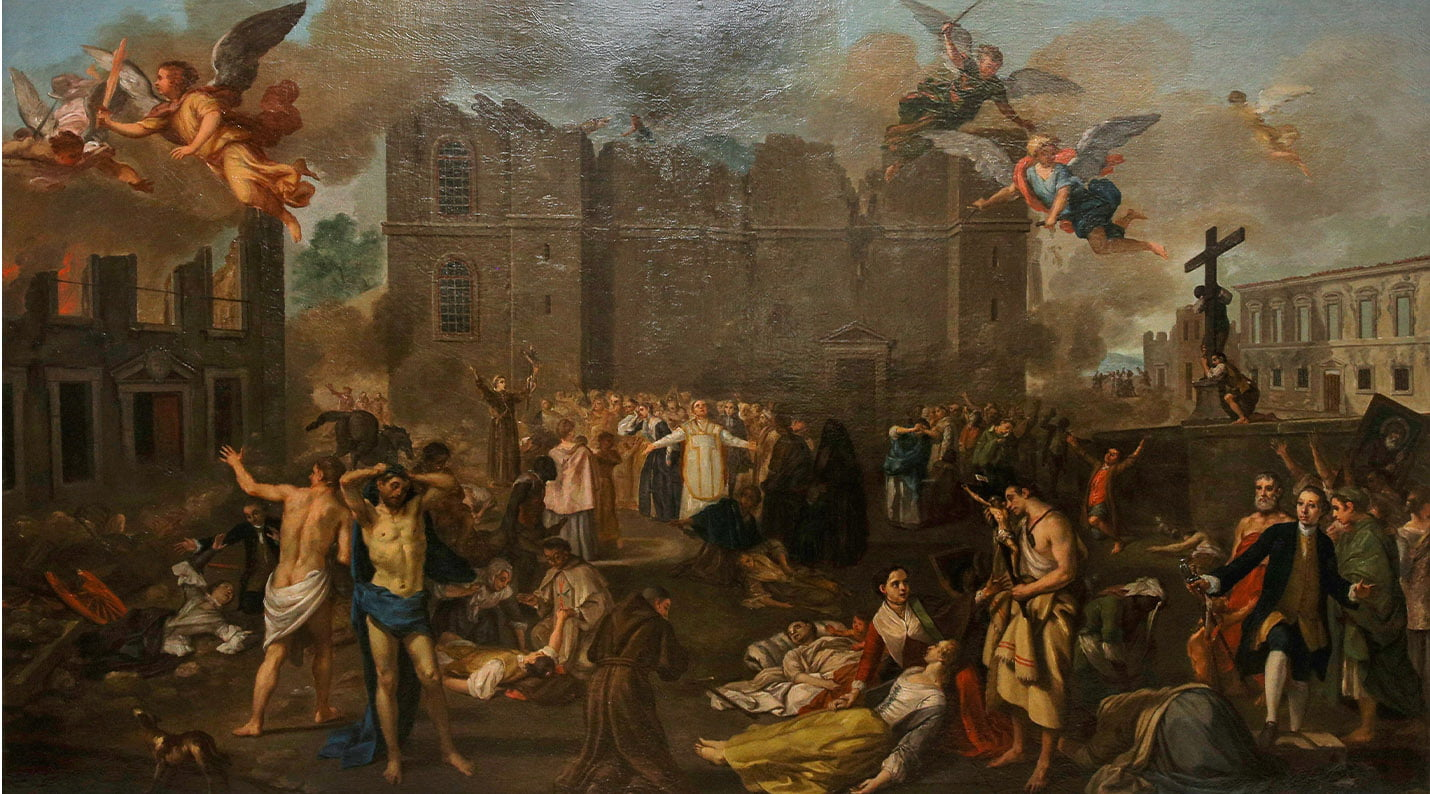 Allegory of the 1755 Earthquake, by João Glama Strobërle. In the upper-left corner is an angel holding a fiery sword. (c) João Glama Strobërle
Allegory of the 1755 Earthquake, by João Glama Strobërle. In the upper-left corner is an angel holding a fiery sword. (c) João Glama Strobërle
Impact on Literature:
The Lisbon earthquake prompted profound existential questions that echoed through the pens of philosophers and writers of the time. Voltaire, in his famous work "Candide," grappled with the philosophical implications of the disaster, questioning the concept of an all-benevolent deity in a world marred by such immense suffering.
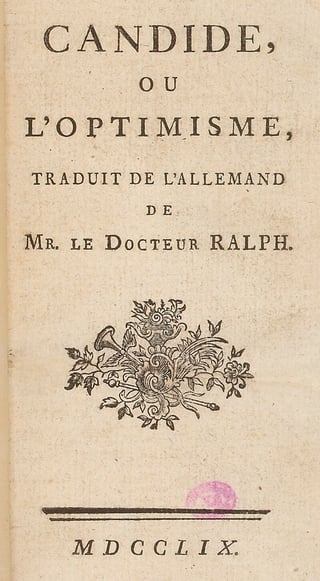 Voltaire's Candide (c) Gallica
Voltaire's Candide (c) Gallica
Impact on Religion and Philosophy:
The Lisbon earthquake challenged prevailing religious beliefs, prompting theological discussions about the nature of God and theodicy—how to reconcile the existence of a benevolent deity with the existence of evil and suffering in the world. People began to question traditional religious doctrines that attributed such events to divine punishment or anger. This skepticism played a role in the broader intellectual movement of the Enlightenment, which encouraged critical thinking and a more scientific approach to understanding the world.
Impact on Science and Seismology:
The earthquake also propelled advancements in the field of seismology. Instead of resorting to religious or superstitious explanations for such disasters, Scientists and intellectuals began to seek empirical evidence. Immanuel Kant published three separate texts in 1756 on the Lisbon earthquake. He collected all the information available in news pamphlets and formulated a theory of the causes of earthquakes. It was the beginnings of seismology.
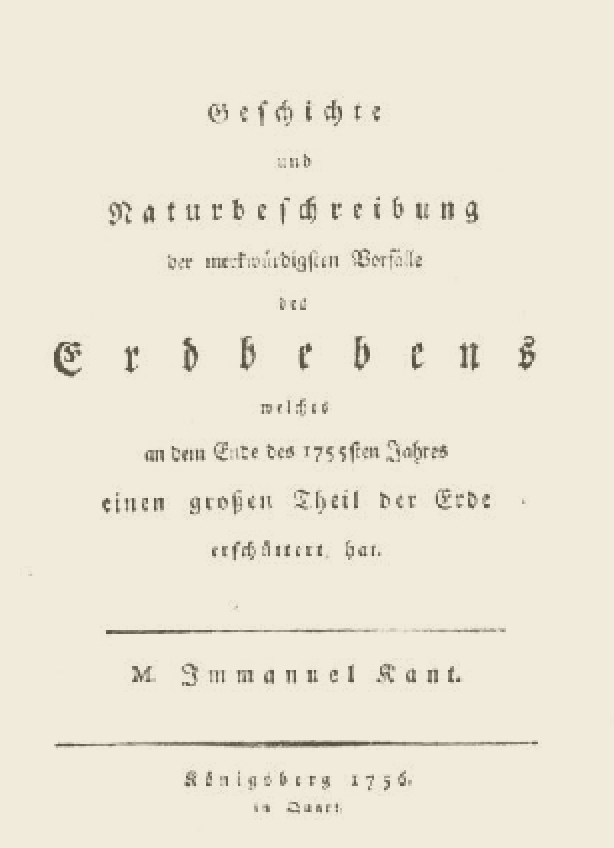 Immanuel Kant's compendium on the great Lisbon earthquake
Immanuel Kant's compendium on the great Lisbon earthquake
Conclusion
In retrospect, the 18th-century Lisbon earthquake stands as a pivotal moment in history, reshaping not only the physical landscape of a city but also the intellectual and cultural landscape of an era. It serves as a reminder of the profound and far-reaching consequences that natural disasters can have on human thought and progress.
/Jegeon%20240_240.png)
Hello, I am Jegeon Ryu, a Project Manager responsible for developing MOTIVE for engineers dedicated to creating a safer and better world. During my two years of military service, I learned that creating a safer world is achievable through the sharing of technology and motivating each other. My goal is to contribute to the happiness of the world by creating a global platform that facilitates mutual knowledge sharing and growth.
Profile: Jegeon Ryu
※ If you click on the keywords below "Topics," you can view related contents.


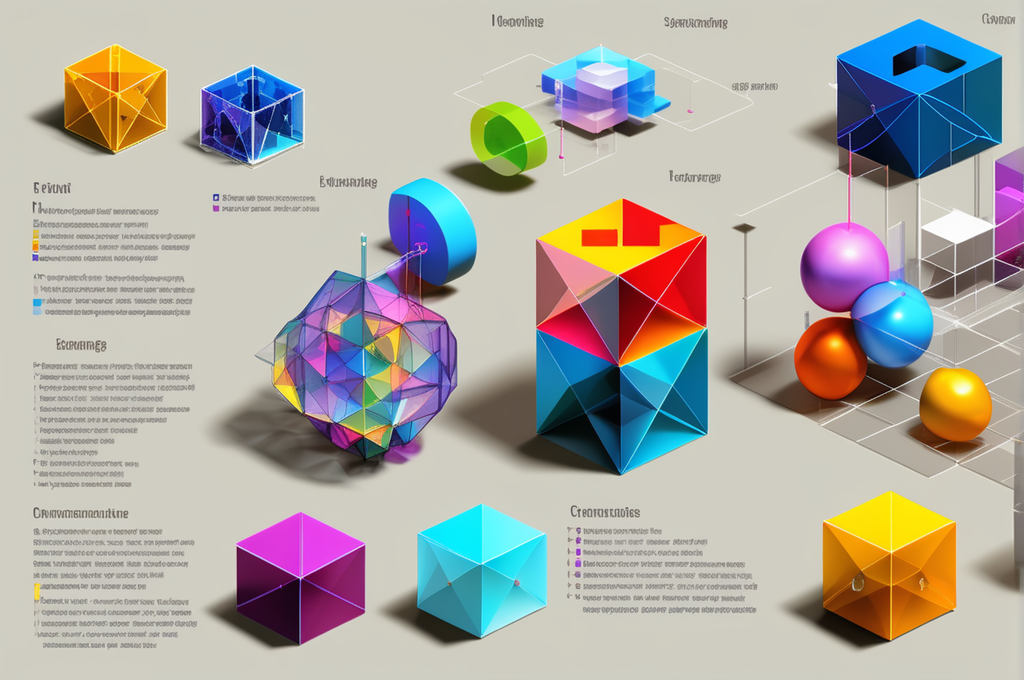

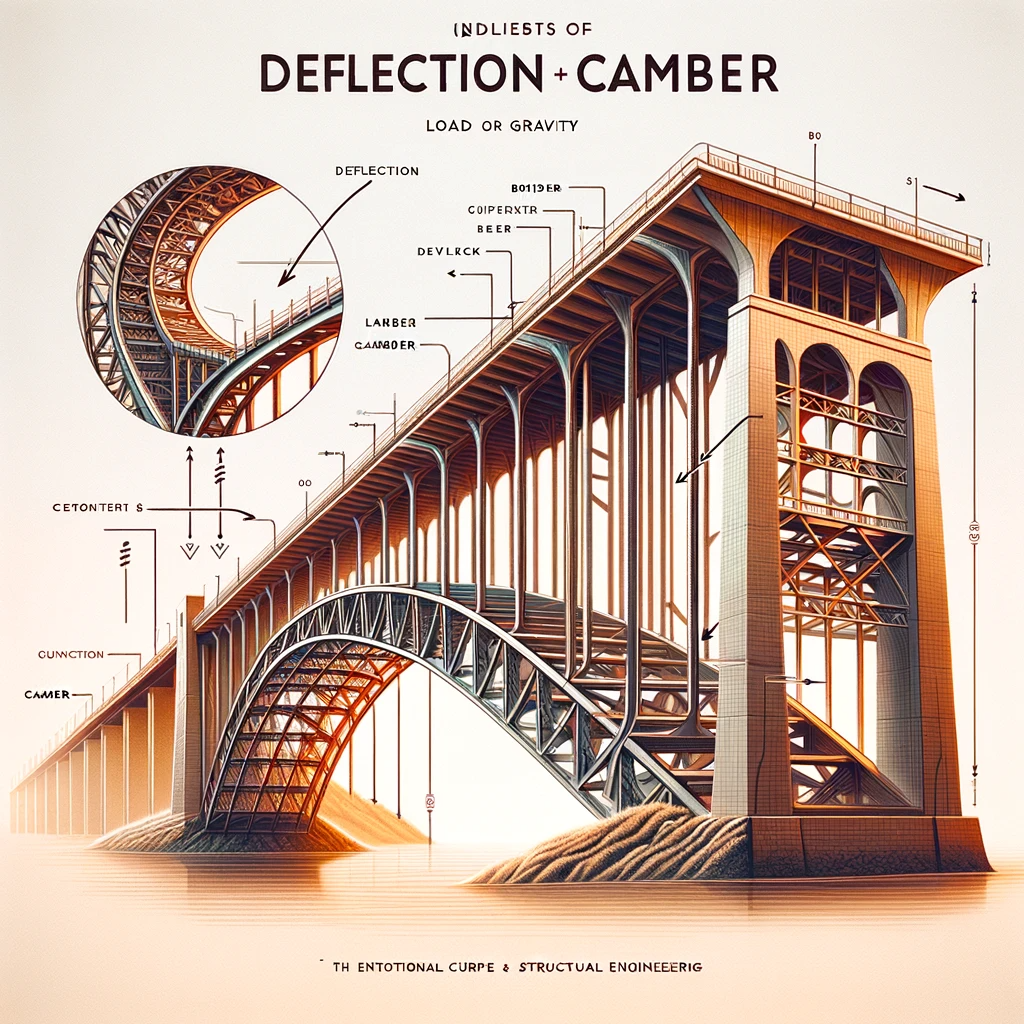


/%EC%9E%91%EC%9D%80%EC%97%B0%EB%AA%BB_400_400.png)

